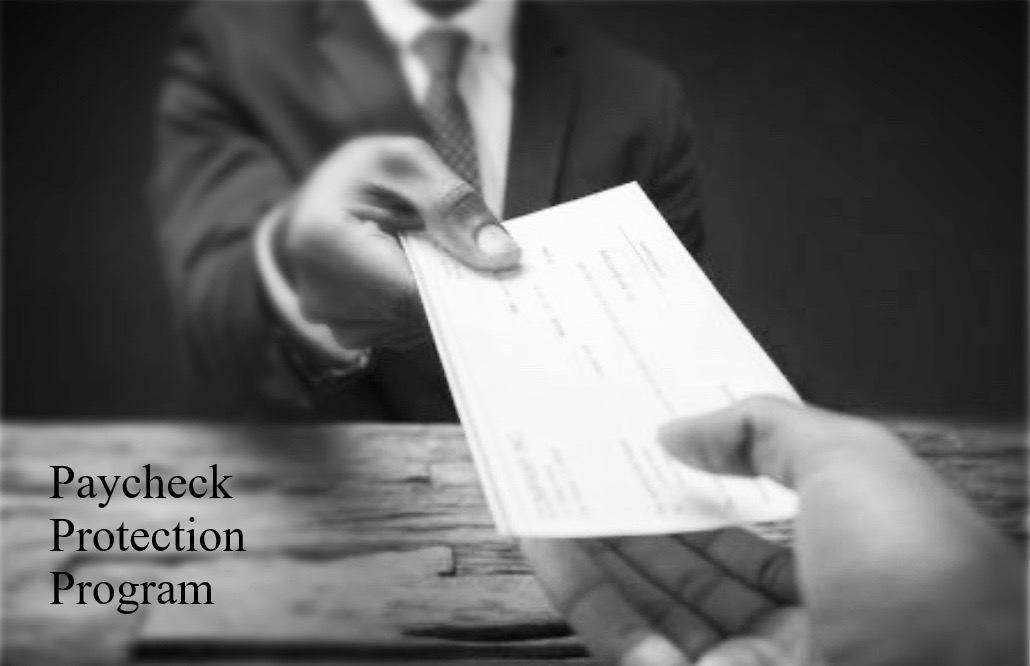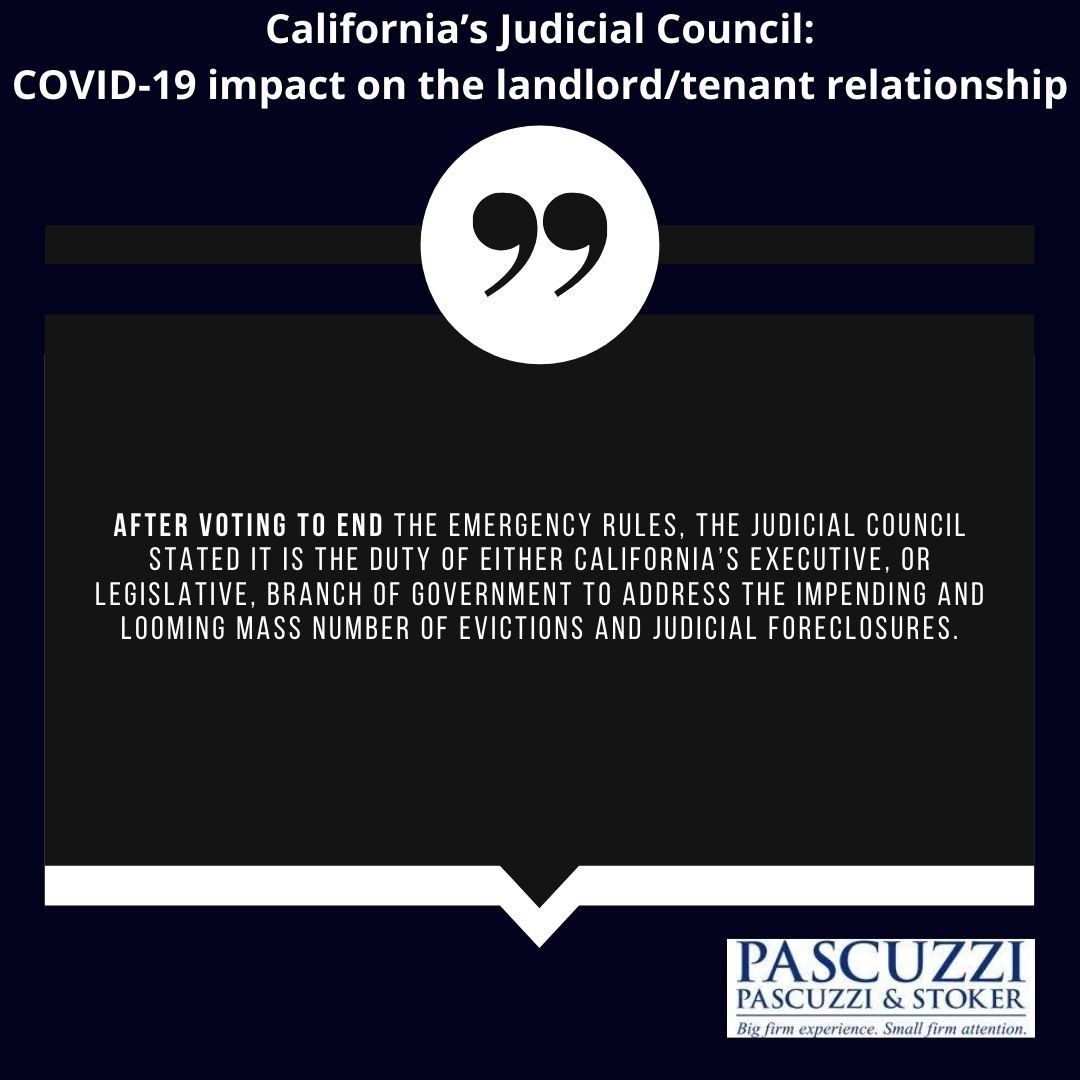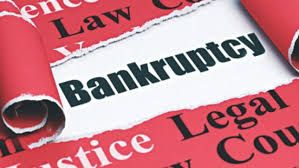Changes to the paycheck protection program

On June 5, 2020, the Paycheck Protection Program (“PPP”) Flexibility Act of 2020 was signed into law by the President, which made significant changes to the PPP program.
For those of you who filed a PPP application, below are a series of general changes most likely applicable to your respective businesses.
1. SBA funding can be spent through December 31, 2020 instead of the original cut-off date of June 30, 2020.
2. Payroll cost spending requirement dropped from 75% to 60%.
3. Workforce levels can be restored by December 31, 2020, instead of June 30, 2020, for safe-harbor purposes.
4. Borrowers now have five (5) years to repay a SAB loan instead of two (2) years – i.e. if the SBA loan is not forgiven.
6. Potential to delay payment of payroll taxes has been added, which was previously prohibited for PPP recipients.
If Pascuzzi, Pascuzzi & Stoker can be of any further assistance with your business (big or small) please do not hesitate to contact us.

Did you know that Fresno County, for the second consecutive year, is the top agricultural county in the nation? Along with that, 7 of the nation’s top 10 agricultural counties are found right here in California. Included in these counties are Fresno, Kern, Tulare, Monterey, Stanislaus, Merced, and San Joaquin. As impressive as this is, our ag chemical and seed providers take a financial hit when customer accounts are left outstanding. The most common step to recovering the delinquent payments is to file a civil action for breach of contract. What is often overlooked is the Agricultural Chemical or Seed Lien that upon proper notice, is filed as a UCC-1 with the Secretary of State. Pursuant to Food and Agricultural Code (“FAC”) § 57561(b), a person who provides agricultural chemical or agricultural seed, and is in compliance with statutory requirements, has a lien upon the proceeds of the crop for the reasonable or agreed charges and for the costs of enforcing the lien. FAC § 57551 defines agricultural chemical as fertilizers, fertilizer material, lime, chemical compounds, pesticides, pesticide chemicals, plant regulators, plant amendments, plant food, soil amendments, herbicides, fungicides, and agricultural chemicals that are applied to crops or to land that is used for the raising of crops. FAC § 57552 defines agricultural seed as the seed of any domesticated grass or cereal, of any vegetable, flower, or propagated plant, and of any legume or other plant which is grown as turf, cover crop, forage crop, fiber crop, or field crop, and mixtures of the seed. An Agricultural Chemical Lien will attach to proceeds of the crops that existed at the time of application upon the land where the agricultural chemical was applied, or if the crops are not planted, the lien will attach to the next production crop on that land following the last date on which the agricultural chemical was applied. The proceeds that can be attached will be limited to an amount equal to the reasonable or agreed charges for the chemicals furnished within a 60-day period. An Agricultural Seed Lien will attach to the proceeds of the crops that were produced from the agricultural seed. The proceeds that can be attached will be limited to an amount equal to the reasonable or agreed charges for the seeds furnished within a 45-day period. Prior to filing the lien, the lien claimant must provide the non-paying customer notice of the Agricultural Chemical or Seed Lien. The notice must provide (a) that the payment of the agreed charges for agricultural chemical supplied is more than 30 days overdue; (b) the amount of the charges allowed to be claimed pursuant to an agricultural chemical or seed lien; and (c) that a lien may be claimed on the proceeds of their crop. The notice must also state at the non-paying customer may (1) allow the lien on the proceeds of their crop be filed; (2) enter into a consensual security interest in the proceeds of their crop pursuant to the Commercial Code; or (3) pay the charges that are overdue. While these types of liens may not recover the full outstanding balance, they are a great tool for agricultural chemical and seed providers in collecting a portion of the monies due and owing, especially while litigation is pending. Our attorneys here at Pascuzzi, Pascuzzi & Stoker are extremely knowledgeable of the various ag protection liens available and are happy to assist in recovering your proceeds.

A few months ago, Pascuzzi, Pascuzzi & Stoker reported that on March 4, 2020, Governor Newsom (the “Governor”) declared a COVID-19 state of emergency. Soon thereafter, California’s Judicial Council (the Judicial Council is the policymaking body of the California courts) issued directives related to the COVID-19 impact on the landlord/tenant relationship. In reference to the Governor’s state of emergency, the Judicial Council provided that California courts will neither process residential nor commercial unlawful detainer actions (with very few exceptions) until 90 days AFTER the Governor’s state emergency is lifted - referred to as Temporary Emergency Rules 1 and 2 (“Emergency Rules”). Last week, the Judicial Council voted to end the Emergency Rules dealing with evictions and judicial foreclosures; Emergency Rules will sunset on September 1, 2020. After voting to end the Emergency Rules, the Judicial Council (a segment of California’s Judicial Branch) stated it is the duty of either California’s Executive, or Legislative, Branch of Government to address the impending and looming mass number of evictions and judicial foreclosures. What does this mean for our landlord clients? 1. The Governor (i.e. the Executive Branch) may declare additional orders concerning a moratorium on California evictions and judicial foreclosures; 2. The Legislative Branch may pass legislation concerning a COVID-19 policy related to California evictions and judicial foreclosures; 3. Local California municipalities may implement rules to address evictions and judicial foreclosures; or 4. California Court’s will commence processing evictions and judicial foreclosures on September 1, 2020. Pascuzzi, Pascuzzi & Stoker will continue to monitor and report any and all news as it relates to further developments.

Here at Pascuzzi, Pascuzzi & Stoker, our legal department is preparing clients for a record number of anticipated bankruptcy filings. We expect in either late 2020, or in early 2021, many Californians could seek debt forgiveness, or seek a debt restructure plan, from, and/or administered through, the Bankruptcy courts. Many debtors struggling to make ends meet prior to the COVID-19 pandemic are certainly expected to suffer severe financial setbacks after COVID-19 infiltrated California. As such, certain debtors impacted by COVID-19 now have what appears to be an incontestable reason to discharge debt. One such consumer debt, certain individuals, and businesses, impacted by COVID-19 will experience, is likely to manifest itself in many months of unpaid rent. Earlier this year, Pascuzzi, Pascuzzi & Stoker reported that on March 4, 2020, Governor Newsom (the “Governor”) declared a COVID-19 state of emergency. Soon thereafter, California’s Judicial Council (the Judicial Council is the policymaking body of the California courts) issued directives related to the COVID-19 impact on the landlord/tenant relationship. In reference to the Governor’s state of emergency, the Judicial Council provided that California courts will neither process consumer, nor commercial, unlawful detainer actions (with very few exceptions) until 90 days AFTER the Governor’s state emergency is lifted. As of the date of this brief article, the Governor’s state of emergency is still in effect. As an astute residential landlord, it is reasonable to anticipate certain tenants being unable to pay rent because of COVID-19, will likely too be unable to pay credit card debt, medical bills and other (too numerous to name) financial obligations. With these combinations of factors, many debtors will certainly see the filing of bankruptcy as a very attractive option. Likewise, a commercial landlord, with respect to certain commercial tenants, should also anticipate from their/its tenants either a request for an amended lease that restructures payment terms, or an exacerbated tenant rife with a series of third-party complications causing a request for rent abatement. In both scenarios above, a landlord should: (1) determine the value of the tenant; (2) evaluate the cost of eviction; (3) realize (if applicable) the opportunity of removing an unwanted tenant; and, (4) the plausibility of renting/leasing real property to other interested persons/parties. At Pascuzzi, Pascuzzi & Stoker, some of our landlord clients are implementing timelines related to the service of delinquent rent notices. Implementing timelines related to the service of delinquent rent notices is both important and practical to insure all unlawful detainer complaints are ready to be filed, and processed by the courts, the day the 90 day deadline passes upon the Governor’s state emergency being lifted. In this respect, there can be no doubt that once the 90 day deadline passes, Unlawful Detainer courts will be overrun by a deluge of eviction filings. Concerning business related effects caused by COVID-19, Pascuzzi, Pascuzzi & Stoker is presently assisting clients in structuring plans to react to tentative financial predicaments. As an example, we are providing clients help in developing contingency plans to address cash flow shortages and anticipated contract breaches caused by COVID-19. If you believe planning for likely impacts to your business both now, and in the very near future, is a practical measure to implement, please contact Pascuzzi, Pascuzzi & Stoker for a consultation.

No one really wants to talk about their last will and testament, but this is one legal issue you don’t want to leave unattended. After all, it could lead to a major rift in your family, one which you are not around to mend. The importance of having a very clear will and testament takes on even greater magnitude if you have children from more than one marriage, if you have adopted children, and if you don’t have any children at all. Getting expert advice can save your loved ones heartache and grief at a time when they really need to focus on grieving and recovery.

An increasing number of people are turning to the internet for all sorts of advice. Fashion advice. Medical advice. Marriage advice. Here are Premium Law, we certainly won’t dissuade you from getting fashion advice online, but we strongly recommend that you don’t turn to Google for legal advice. Because it could end up costing you a whole lot more than you expected.

Last year, Senate Bill 323 was signed into California law by Governor Jerry Brown. This bill has been designated as the California Revised Uniform Limited Liability Company Act (RULLCA). On January 1, 2014, the RULLCA is set to replace the Beverly-Killea Limited Liability Company Act, which has governed California limited liability law since 1994. There are many key changes in the RULLCA that California business lawyers are left to figure out how they will affect California business owners who want to organize their businesses as limited liability companies.
Every year you probably service your vehicle and see your doctor for your annual checkup, but do you ever give any thought to your estate plan? Just as your car needs attention to run smoothly, and your health needs to be maintained, your estate plan needs periodic review to ensure your family is properly cared for in the event you are unable to do so yourself.
California commercial real estate has stringent requirements when it comes to disclosing the facts about commercial property prior to entering into a contract to lease the property. It is important for California commercial real estate landlords to be aware of two new mandatory disclosures for commercial leases that went into effect in 2013. A commercial real estate landlord must now disclose the properties past energy use and whether the premise has been inspected by a “Certified Access Specialist” (“CASp).
It can be said that there are only two things in life you can count on: death and taxes. I’d like to add a third thing to that list: rising electrical rates. The cost of electricity has risen steadily over the last decade and according to SmartestEnergy, a buyer and supplier of independent energy, it is projected to increase 60 percent over the next decade. Due to these rising costs many California residents are turning to solar power to help offset them.

When two people are married and one of the spouses wants to end the marital relationship the process of divorce allows him/her to do so. California has a similar process that allows co-owners of real property who are not married to each other to end their co-owner relationship. This process is known as a partition action.

